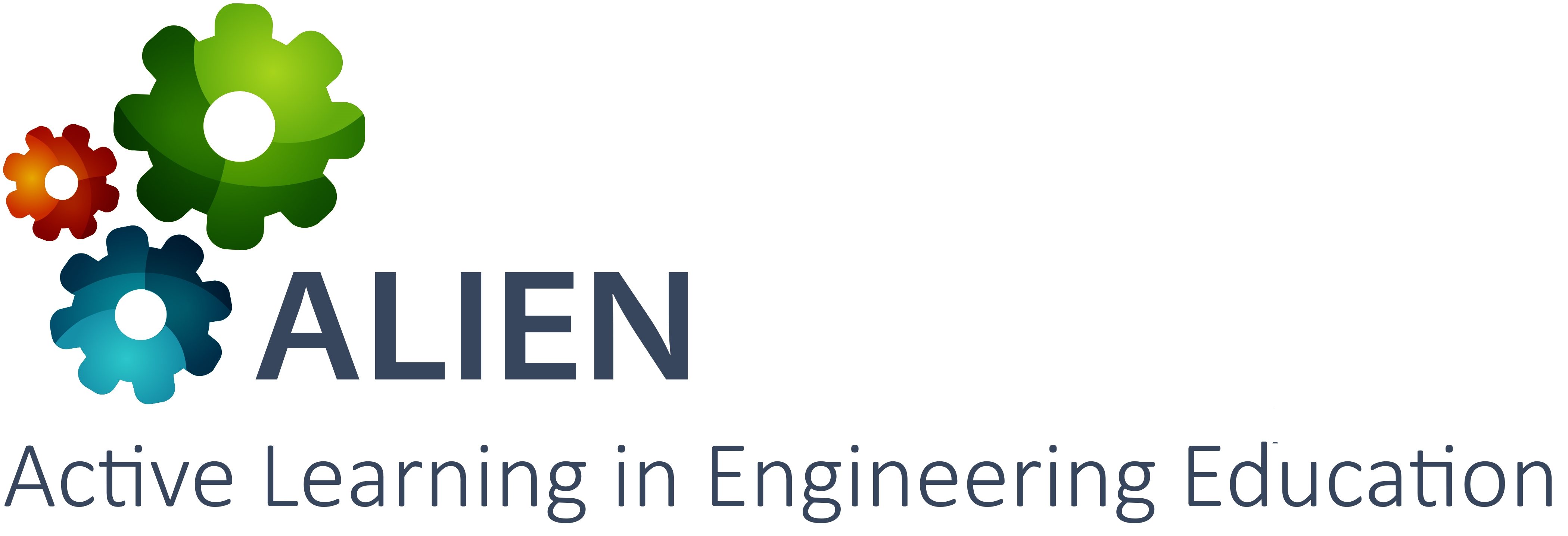Course overview 
The purpose of LIFE course is to support the development of generic competences and teamwork skills through an interdisciplinary problem or topic in a team. Learning activities take place in teams consisting of 6 students. The project team must include students from at least three different study areas. Up to 3-4 teams, consisting of 6 students, can join one project.
Within LIFE course, projects are carried out in cooperation with the supervisor(s) and students, and they include the following components: defining a common topic or problem, setting goals, creating an action plan and carrying out the plan as intended. Participation in LIFE course is supported by workshops and seminars intended for students. More detailed information about the course is available at https://ois2.tlu.ee/tluois/subject/YID6001.YM or from the LIFE portal https://elu.tlu.ee/en
Participants in piloting
This is a cross curricular mandatory course in the Tallinn University. Students from min 3 different fields are expected to join and form teams and solve some real-life related issues. Supervisors from Digital Learning Games master’s program have initiated projects based on following topics:
- 2020 autumn – Design of Games About Research Methods 2 – 26 students (in 4 teams)
- 2020 spring – Design of Games About Research Methods 1 – 18 students (in 3 teams)
- 2019 autumn – Games About Wage Gap – 22 students (in 4 teams)
- 2019 autumn – Games About STEAM – 26 students (in 5 teams)
- 2019 autumn – Games about Law – 22 students from TLU Helsinki campus (in 3 teams)
Students were from different fields from all over the Tallinn University. STEAM project included 12 students from Estonian Entrepreneurship University of Applied Sciences (https://www.euas.eu/). Game Design and Development program.
Timeframe
Fall 2019
Fall 2020
Spring 2020
Use of ALIEN services and tools
All LIFE courses have the same structure. First the need or the problem is introduced. Then students are asked to play and find similar games. After that every student has a chance to present an idea for a new game. Best ideas are selected through voting and teams are formed around selected ideas. During the team formation extra care has paid on even distribution of needed competences (art, development, research, text, pedagogy, management). After that teams are asked to produce the game concept, minimalistic project plan and execute the project (deliver the game) according to their plans. Course ends with testing and playing the finalized games.
Tallinn University central LIFE coordinators are organizing mid-term review and final presentations to all project and teams. This provides opportunity to see what others are doing and to get some additional feedback.
STEAM games are available in the end of the following page: http://dlg.tlu.ee/games/
Wage Gap games are available here: http://web.htk.tlu.ee/rege/
Best games about research methods are published here: http://dlg.tlu.ee/methodyca/
Below you can find some images from the Game of Law game testing session.




